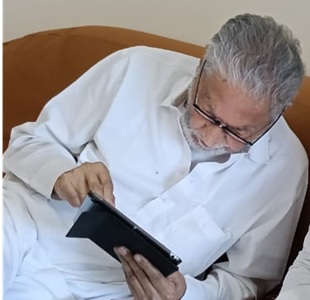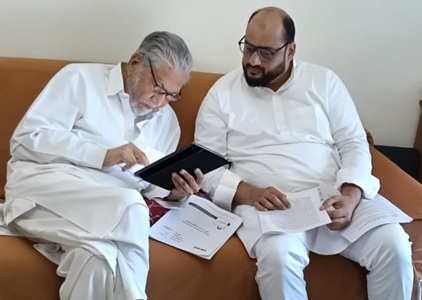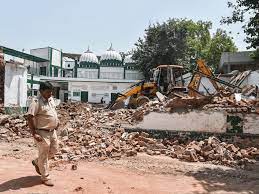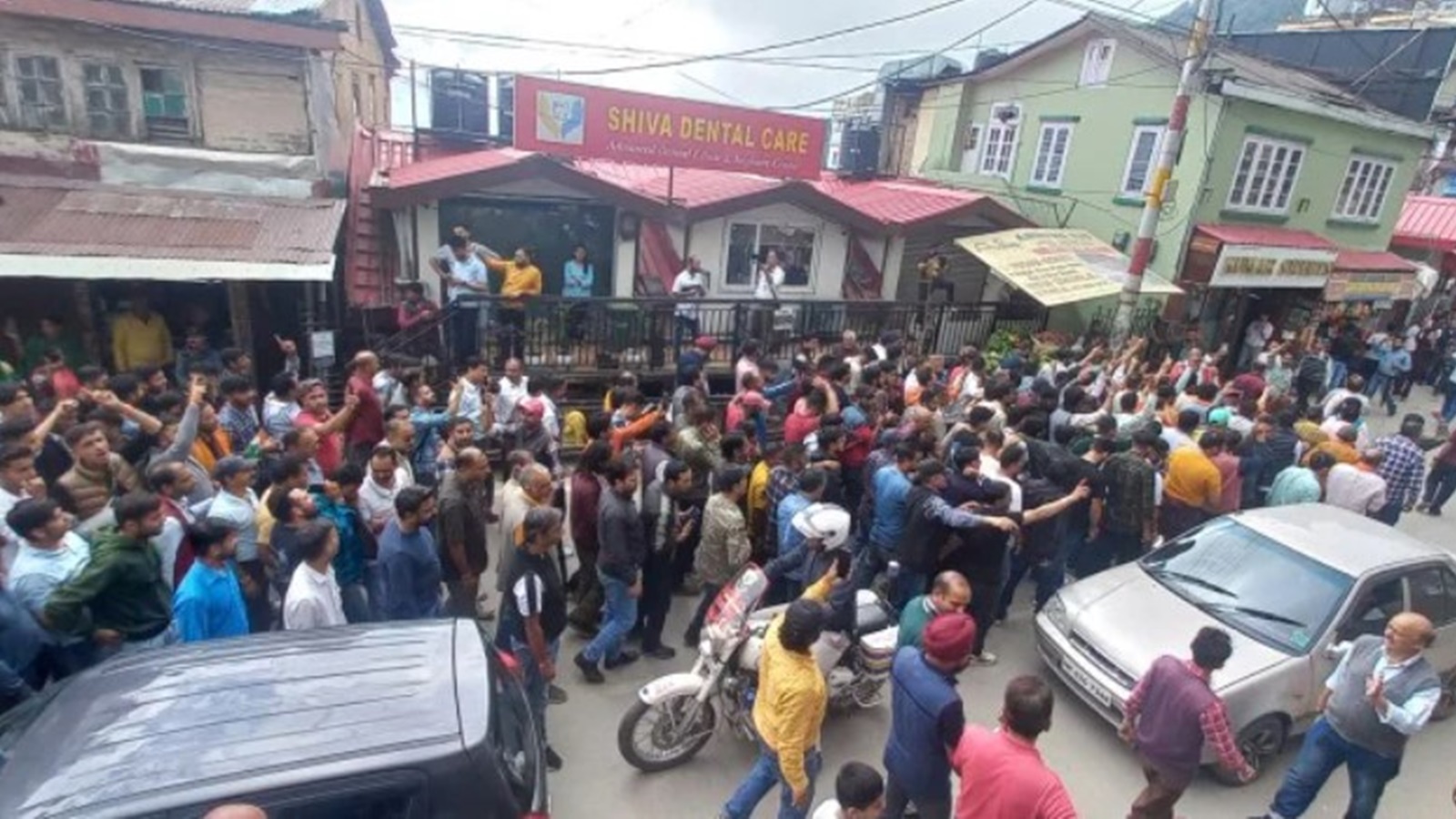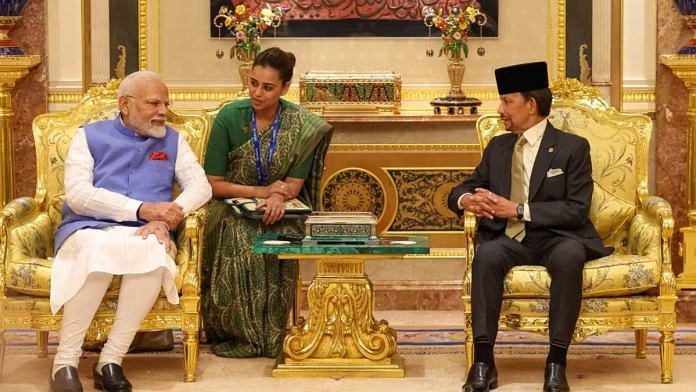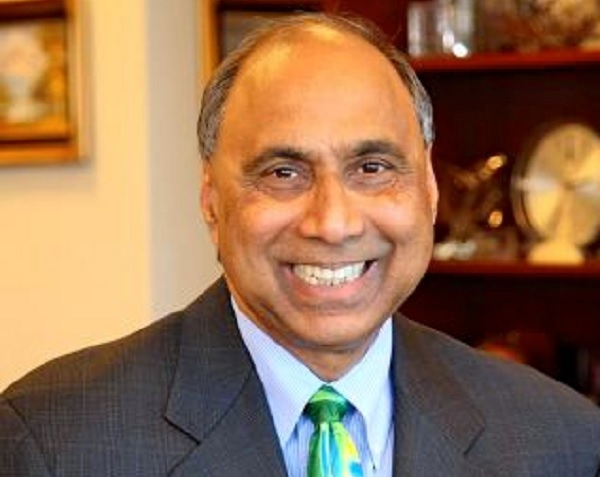By Dr Syed Khursheed, Mumbai The ongoing tragedy in Palestine and Gaza has not gone unnoticed by the Arab world. Far from being silent, the Arab masses are deeply aware and profoundly affected by the suffering of their brothers and sisters. As a people chosen by Allah...
